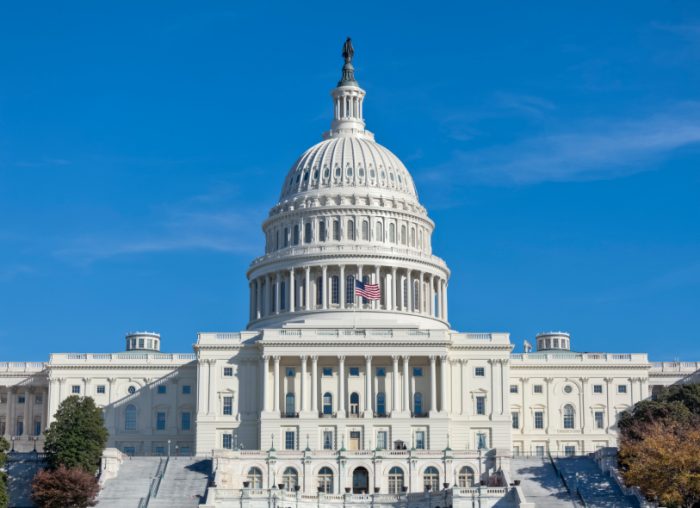The deadline for RCPA’s request for proposals is just one week away! Proposals must be submitted by COB next Monday, March 11 to be considered for the 2024 Annual Conference Embracing Challenges, Empowering Success, which will be held September 24 – 27 at the Hershey Lodge for a statewide audience. Our Conference Committee seeks workshop proposals in every area for possible inclusion, particularly those that assist providers in developing and maintaining high-quality, stable, and effective treatments, services, and agencies in an industry where change is constant. The committee looks for presentations that:
- Highlight new policy, research, and treatment initiatives, such as the use of artificial intelligence, telehealth innovations, and employing people with disabilities;
- Provide specific skills and information related to individual and organizational leadership development and enhancement;
- Discuss advanced ethics practices and suicide prevention;
- Address system changes that affect business practices, including integrated care strategies, value-based purchasing, performance-based contracting, acquisitions and mergers, and alternative payment models;
- Provide guidance on building a culture of a committed workforce, including recruitment and employee development as well as effective remote workforce strategies;
- Offer concrete skills and tools to operate more efficient, effective businesses; and
- Inspire ideas for organizations to be leaders in their field.
The committee welcomes any proposal that addresses these and other topics essential to rehabilitation, mental health, substance use disorder, children’s health, aging, physical disabilities, and intellectual/developmental disabilities & autism. Members are encouraged to consider submitting, and we highly encourage you to forward this opportunity to those who are exceptionally good speakers and have state-of-the-art information to share. Individuals are welcome to submit multiple proposals.
The Call for Proposals (featuring a complete listing of focus tracks) and accompanying Guidelines for Developing Educational Objectives detail requirements for submissions. The deadline for submissions is Monday, March 11, 2024, at 5:00 pm. Proposals must be submitted electronically on the form provided; confirmation of receipt will be sent. Proposals submitted after the deadline will not be considered.
If the proposal is accepted, individuals must be prepared to present on any day of the conference. Workshops are 90 or 180 minutes in length. At the time of acceptance, presenters will be required to confirm the ability to submit workshop handouts electronically four weeks prior to the conference. Individuals unable to meet this expectation should not submit proposals for consideration.
Notification of inclusion for the conference will be made via email by Friday, May 17, 2024. Questions may be directed to Carol Ferenz, Conference Coordinator.
















